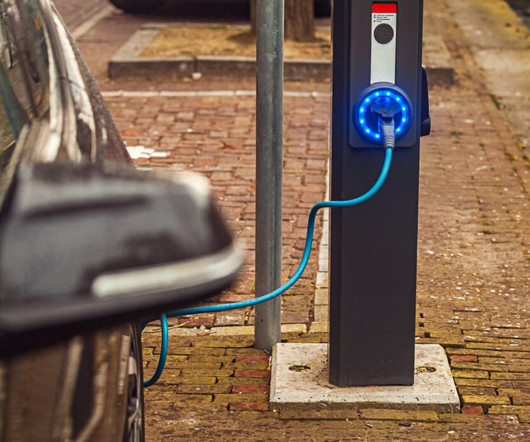Belfer Center report calls for policymakers to begin taking steps to change policies for funding US transportation infrastructure
Green Car Congress
OCTOBER 23, 2010
users pay for the construction and maintenance of roads via a federal fuel tax. Revenues from the tax go into the federal Highway Trust Fund, which is independent of the General Fund; every five years or so Congress passes an authorization bill to allocate these revenues. States use similar mechanisms. —Huang et al.



















Let's personalize your content